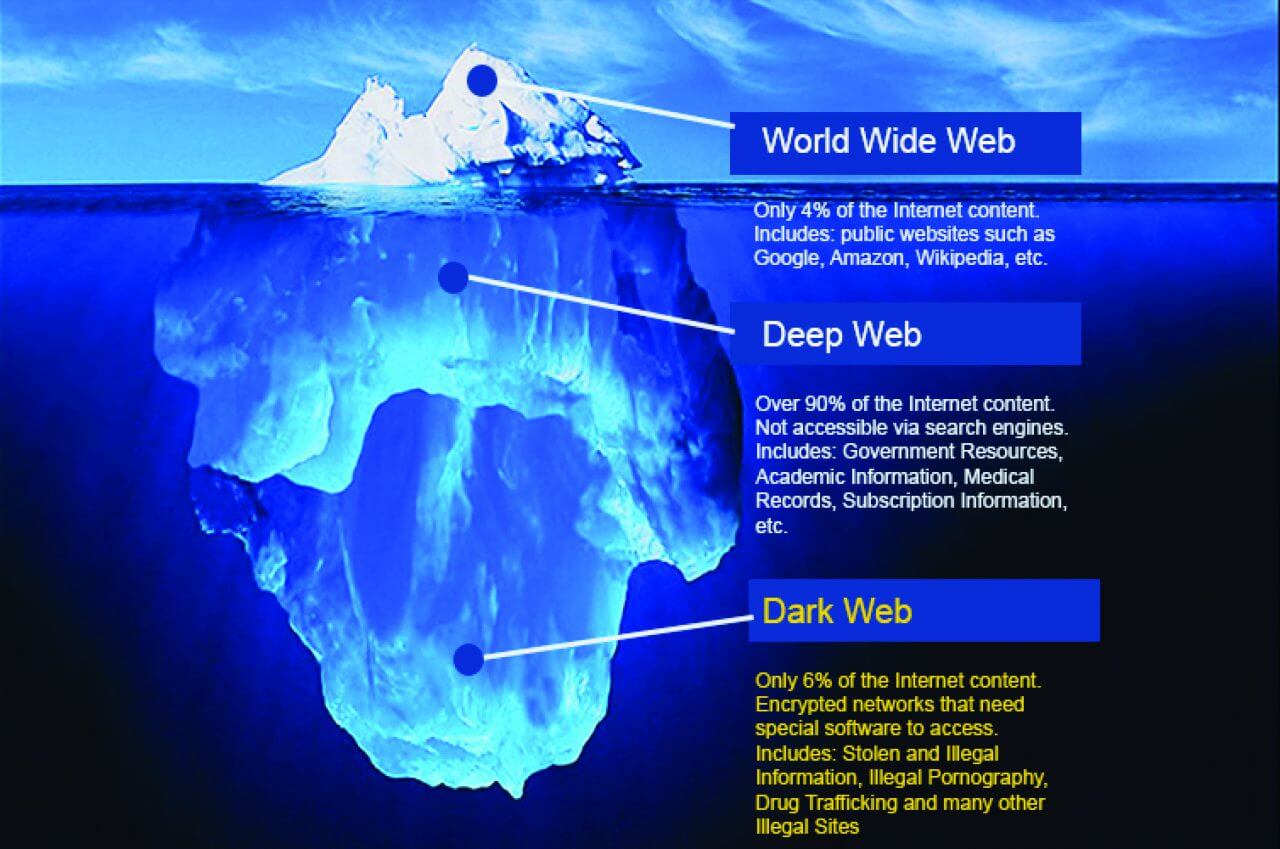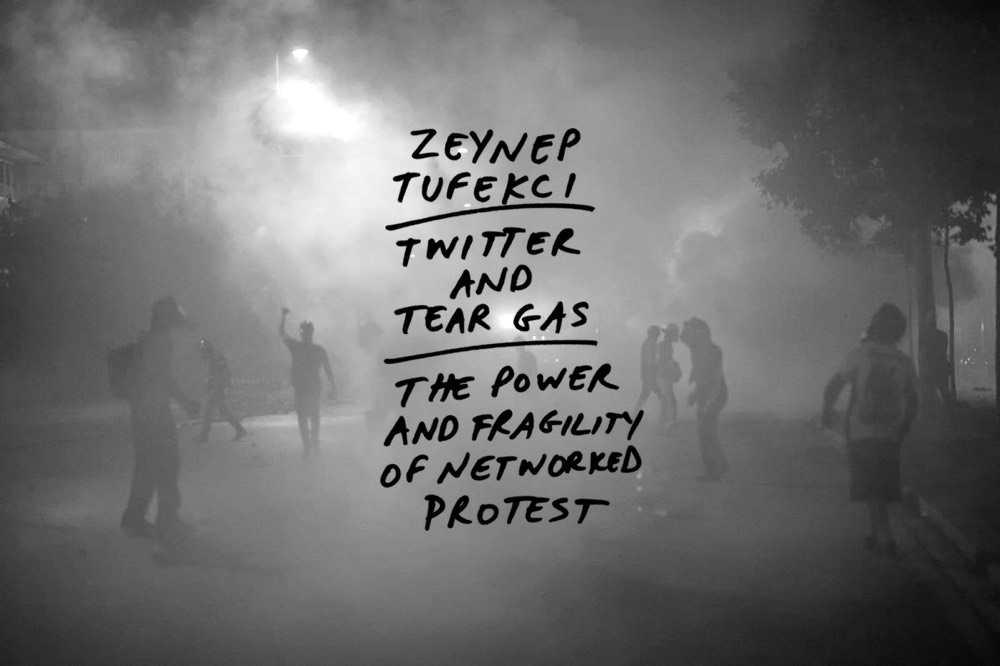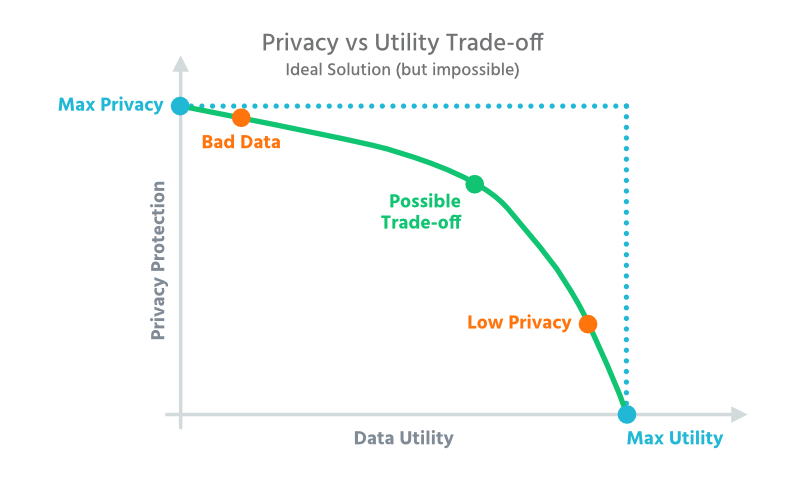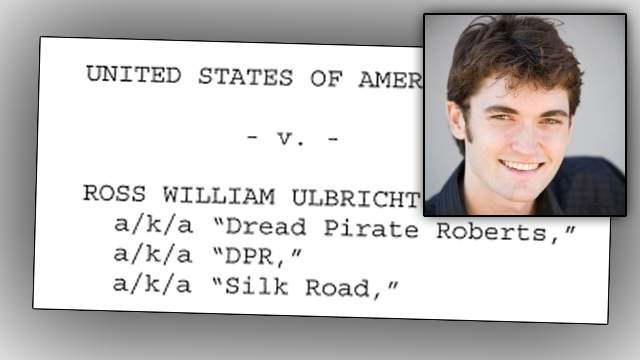class: center, middle, inverse, title-slide # Dirty Wars ## Technology Will Save Us… Right? ### Jack McDonald ### 2020-03-05 --- class: inverse # Lecture Outline .pull-left[ - Technologies of Repression - The State/Platform/Copyright Nexus of Repression - _Technology Will Save Us… Right?_ - Exporting Repression - Digital Repression: What Is To Be Done? Lecture Outline - Liberation Technology - Cryptography - Communication - Can States Cope? ] .pull-right[ Key Points: - The idea of digital technology as a liberating force has a long history - Digital technologies change relationships between individuals and States - We are living through a period where many maturing technologies are having demonstrable social impacts, but states are also adapting to the challenges ] ??? Why does the notion of “liberation technology” persist? Should computer code be considered speech? Readings: Glancy, Dorothy J. “The Invention of the Right to Privacy.” Arizona Law Review 21 (1979). Scott, James C. Seeing Like a State: How Certain Schemes to Improve the Human Condition Have Failed. Yale University Press, (1998). Chapter 3 Schulze, Matthias. “Clipper Meets Apple Vs. FBI—a Comparison of the Cryptography Discourses from 1993 and 2016.” Media and Communication 5, no. 1 (2017). https://doi.org/10.17645/mac.v5i1.805. asd --- class: inverse # Small Group Discussion .pull-left[ .medium[ > Definitions of politics often revolve around the concept of power, describing politics as the process of acquiring and exercising power in order to settle collective affairs. The question 'How is technology political?' is therefore answered in large part by answering the question 'How does technology affect the way in which power is distributed and exercised in society?' Philip Brey, _The Technological Construction of Social Power_ ] ] .pull-right[ Why do some people read inherent power relationships into technologies? Are there any types of technology that you consider to be inherently political? ] ??? Notes for the discussion Link to images? --- class: inverse # Liberation Technology ??? --- # Liberation Technology .left-column[    ] .right-column[ .medium[ > Liberation technology is any form of information and communication technology (ICT) that can expand political, social, and economic freedom. In the contemporary era, it means essentially the modern, interrelated forms of digital ICT—the computer, the Internet, the mobile phone, and countless innovative applications for them, including “new social media” such as Facebook and Twitter. > One of the most direct, powerful, and—to authoritarian regimes—alarming effects of the digital revolution has been its facilitation of fast, large-scale popular mobilizations. Larry Diamond, _Liberation Technology_ ] ] ??? --- # Do Artifacts Have Politics? .medium[ > In the first instance we noticed ways in which specific features in the design or arrangement of a device or system could provide a convenient means of establishing patterns of power and authority in a given setting. Technologies of this kind have a range of flexibility in the dimensions of their material form. It is precisely because they are flexible that their consequences for society must be understood with reference to the social actors able to influence which designs and arrangements are chosen. ] -- .medium[ > In the second instance we examined ways in which the intractable properties of certain kinds of technology are strongly, perhaps unavoidably, linked to particular institutionalized patterns of power and authority. Here, the initial choice about whether or not to adopt something is decisive in regard to its consequences. ] -- .medium[ > To know which variety of interpretation is applicable in a given case is often what is at stake in disputes, some of them passionate ones, about the meaning of technology for how we live. Langdon Winner, _Do Artifacts Have Politics?_] ??? /// --- # Technology and Population Control .pull-left[ Forms of population control - Coercion - Persuasion - Isolation - Preventing, disrupting, or crushing social mobilisation ] .pull-right[ Cryptography promises to greatly constrain state power to coerce and isolate individuals and populations Horizontal communications technologies promise to increase the ability of social movements to organise and cooperate ] ??? Individual freedom Social movements Need what is cryptography/// Criminals, terrorists Insurgencies, States (information Warfare) --- .medium[ > With McLuhan as its patron saint, the Californian ideology has emerged from this unexpected collision of right-wing neo-liberalism, counter-culture radicalism and technological determinism - a hybrid ideology with all its ambiguities and contradictions intact. ] -- .medium[ > On the one side, the anti-corporate purity of the New Left has been preserved by the advocates of the 'virtual community'... Community activists will increasingly use hypermedia to replace corporate capitalism and big government with a hi-tech 'gift economy' in which information is freely exchanged between participants... Despite the frenzied commercial and political involvement in building the 'information superhighway', direct democracy within the electronic agora will inevitably triumph over its corporate and bureaucratic enemies. ] -- .medium[ > On the other hand, other West Coast ideologues have embraced the laissez faire ideology of their erstwhile conservative enemy... each member of the 'virtual class' is promised the opportunity to become a successful hi-tech entrepreneur. Information technologies, so the argument goes, empower the individual, enhance personal freedom, and radically reduce the power of the nation-state. Existing social, political and legal power structures will wither away to be replaced by unfettered interactions between autonomous individuals and their software. Richard Barbrook and Andy Cameron, _The Californian Ideology_ ] ??? --- class: inverse # Cryptography --- # Technology and Individual Freedom .pull-left[ > Our intention was to show that superheroes could deform the world just by being there, not that they'd have to take it over, just their presence would make the difference... the atom bomb doesn't have to take over the world, but by being there it changes everything. Alan Moore ] .pull-right[  ] ??? --- # The Crypto Wars .pull-left[ Cryptography basics: - Encrypting messages with a small amount of work, that require an infeasible amount of work to reverse without access to a key - Symmetric keys: Both sender and receiver have access to a shared secret key - Public key: A public and private key is generated. Messages encrypted with the public key can only be decrypted with access to the private key ] .pull-right[  Key issue: is cryptography an expression of free speech? ] ??? --- # "Going Dark" by Design .pull-left[ .small[ > We want [technology companies] to work more closely with us on end-to-end encryption, so that where there is particular need, where there is targeted need, under warrant, they share more information with us so that we can access it. Amber Rudd, August 2017 > I don't need to understand how encryption works to understand how it's helping – end-to-end encryption – the criminals. I will engage with the security services to find the best way to combat that. Amber Rudd, October 2017 ] ] .pull-right[  ] ??? --- class: inverse # Small Group Discussion .large[ What have been the key impacts of digital communications technologies on social mobilisation/insurgency? - How have your thoughts on this changed over the last five years? - Do you think these impacts will be stable over the next five years? ] ??? --- class: inverse # Communication --- # Communication Technology and Social Mobilisation .pull-left[ The web was premised upon freely available information, that didn't scale Internet applications have many different applications - Broadcast - Horizontal communication - Real-time communication The easier it is to generate social movements, the more fragile they become ] .pull-right[  ] ??? --- # Ideology and Alienation > Crypto anarchy effectively allows people to pick and choose which laws they support, at least in cyberspatial contexts. It empowers people to break the local bonds of their majoritarian normative systems and decide for themselves which laws are moral and which are bullshit. Timothy C. May, _The Cyphernomicon_ -- > It seems that the end trajectory for every type of online radical is ultimately “the black pill”. The network itself works to individuate and isolate everyone; each user is an island. All roads eventually lead to nihilism. Joshua Citarella, _Politigram and the Post-Left_ ??? --- # Inchoate Radicals Online .pull-left[ > The Industrial Revolution and its consequences have been a disaster for the human race. Ted Kaczynski, _The Unabomber Manifesto_  ] -- .pull-right[ .picblock[   ] ] ??? --- # The Monopoly and Regulation of Violence .left-column[    ] .right-column[ > What we did as a speech act, as a template of thought and even the legal prescience that might come of it, they have so much more gravity than what might happen to me Cody Wilson > No prior CNC knowledge or experience is required to manufacture from design files. Legally manufacture unserialized AR-15's in the comfort and privacy of your home. Ghost Gunner ] ??? --- class: inverse # Can States Cope? --- # Re-Identification .pull-left[  ] .pull-right[ > We study 3 months of credit card records for 1.1 million people and show that four spatiotemporal points are enough to uniquely reidentify 90% of individuals Yves-Alexandre de Montjoye et al., _Unique in the shopping mall_ We now live in societies where the collection of large volumes of data and metadata is a fact of life ] ??? --- # Dependencies .pull-left[ > When you pay cash, there is no middleman; you pay, you receive goods or services — end of story. When a middleman becomes part of the transaction, that middleman often gets to learn about the transaction — and under our weak privacy laws, has a lot of leeway to use that information as it sees fit. Jay Stanley, _Say No to the “Cashless Future”_ ] .pull-right[ .picblock[  ] .medium[ > The paradox of cryptocurrency is that its associated data create a forensic trail that can suddenly make your entire financial history public information. John Bohannon, _Why criminals can't hide behind Bitcoin_ ] ] ??? --- # Preserving Rights of Access .pull-left[  ] -- .pull-right[  ] ??? --- # Hacking and Astroturfing .pull-left[  ] -- .pull-right[  ] ???